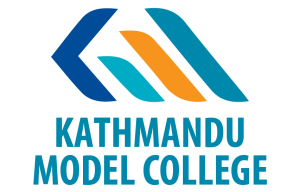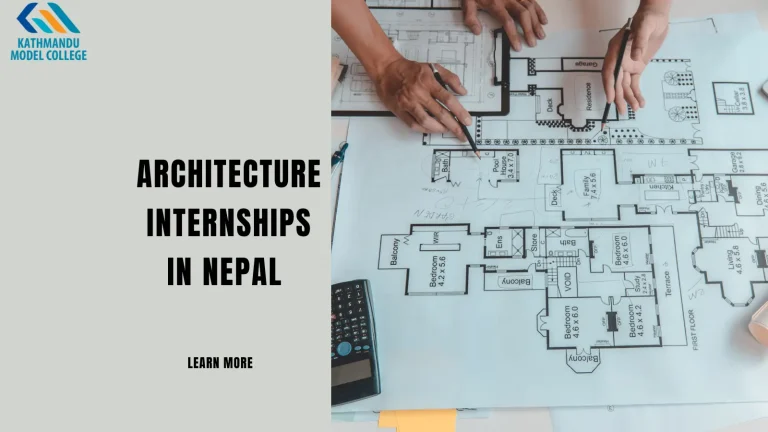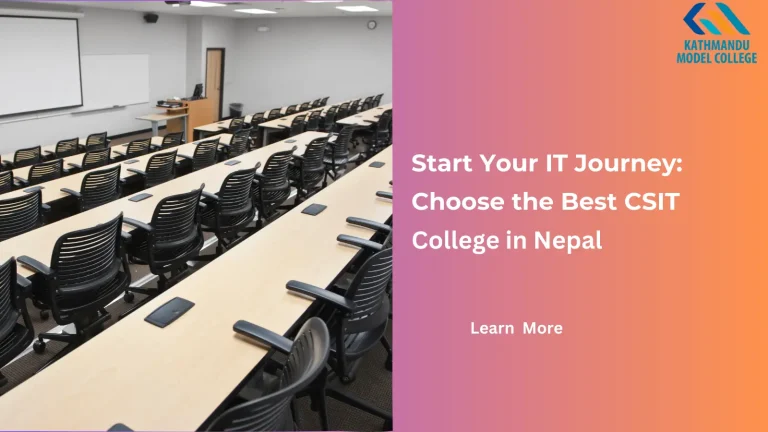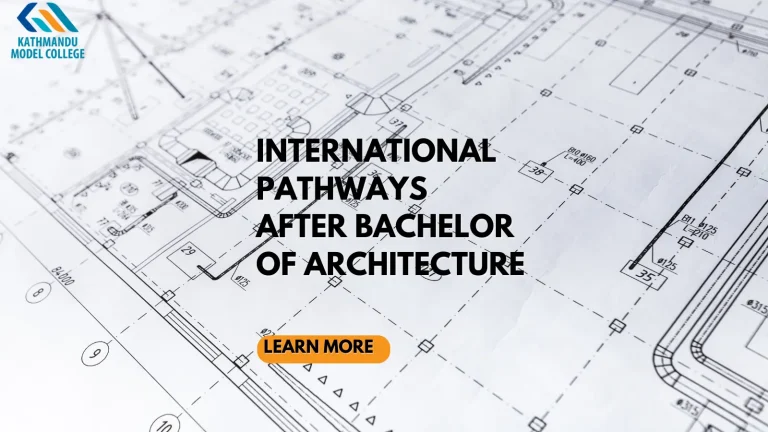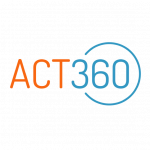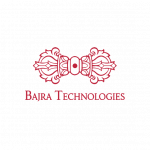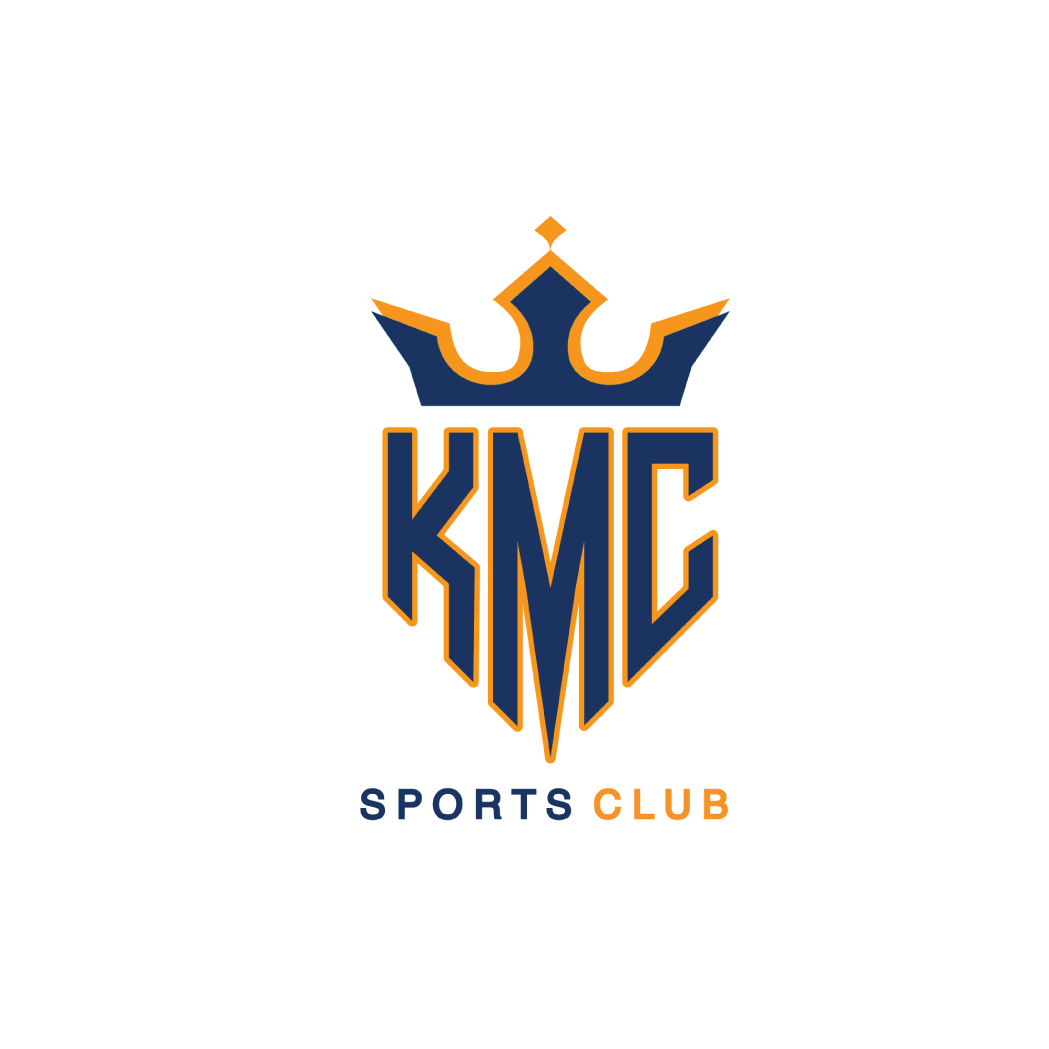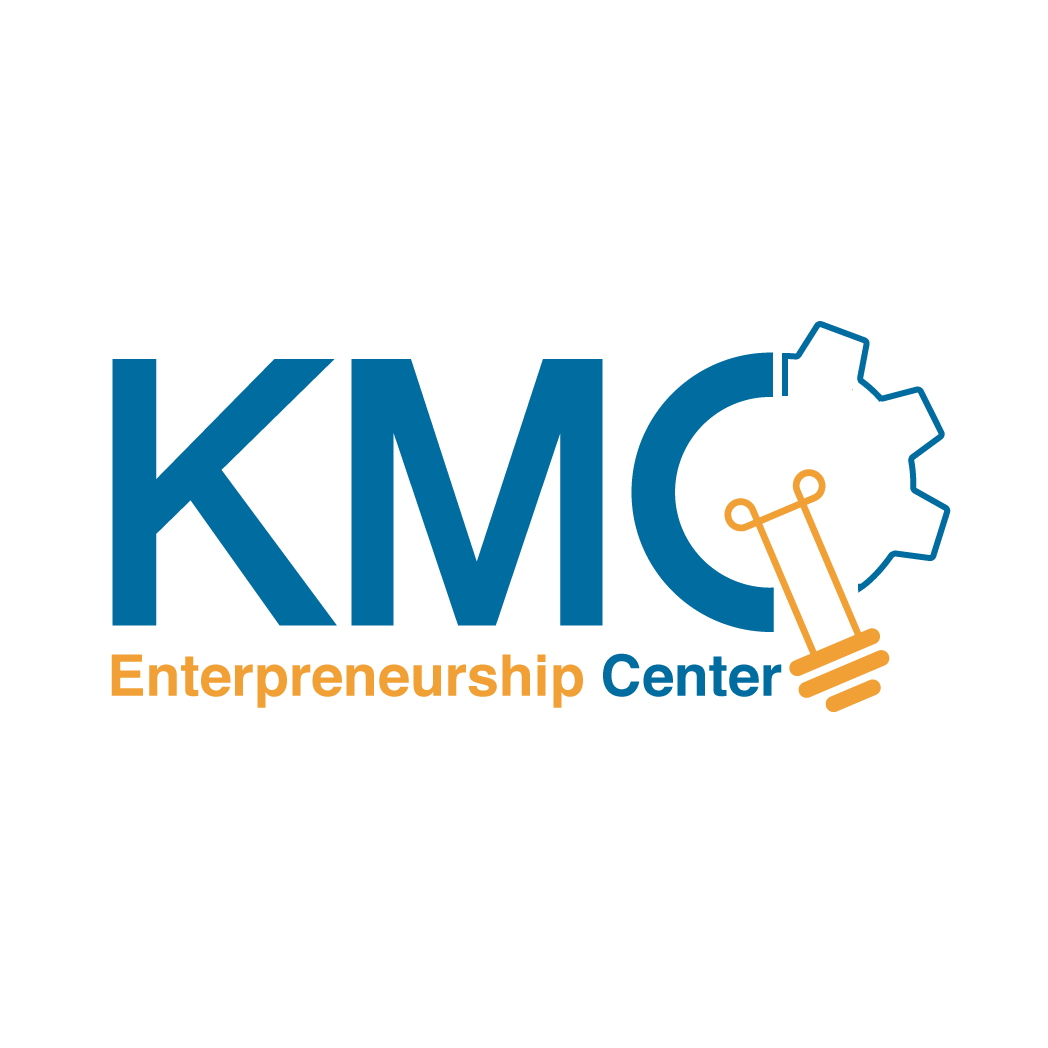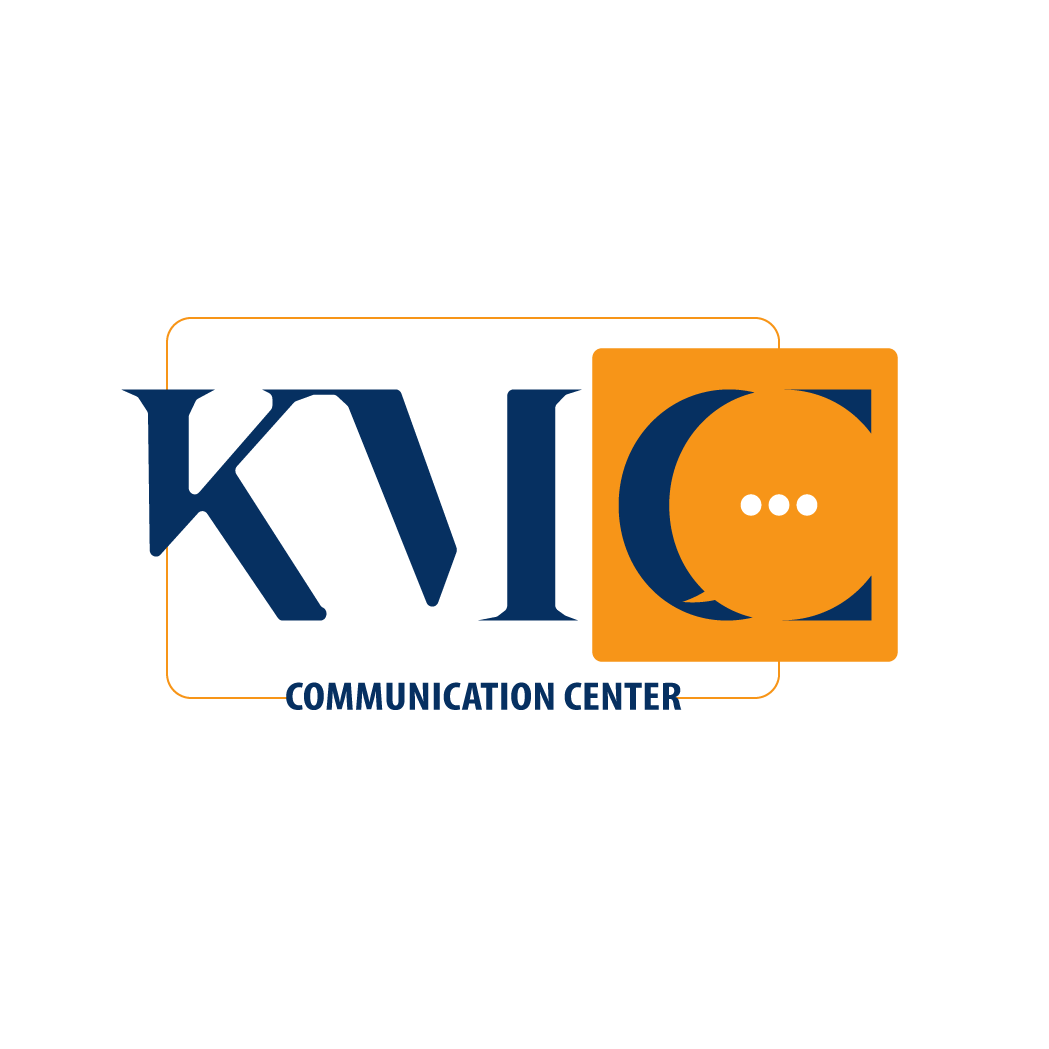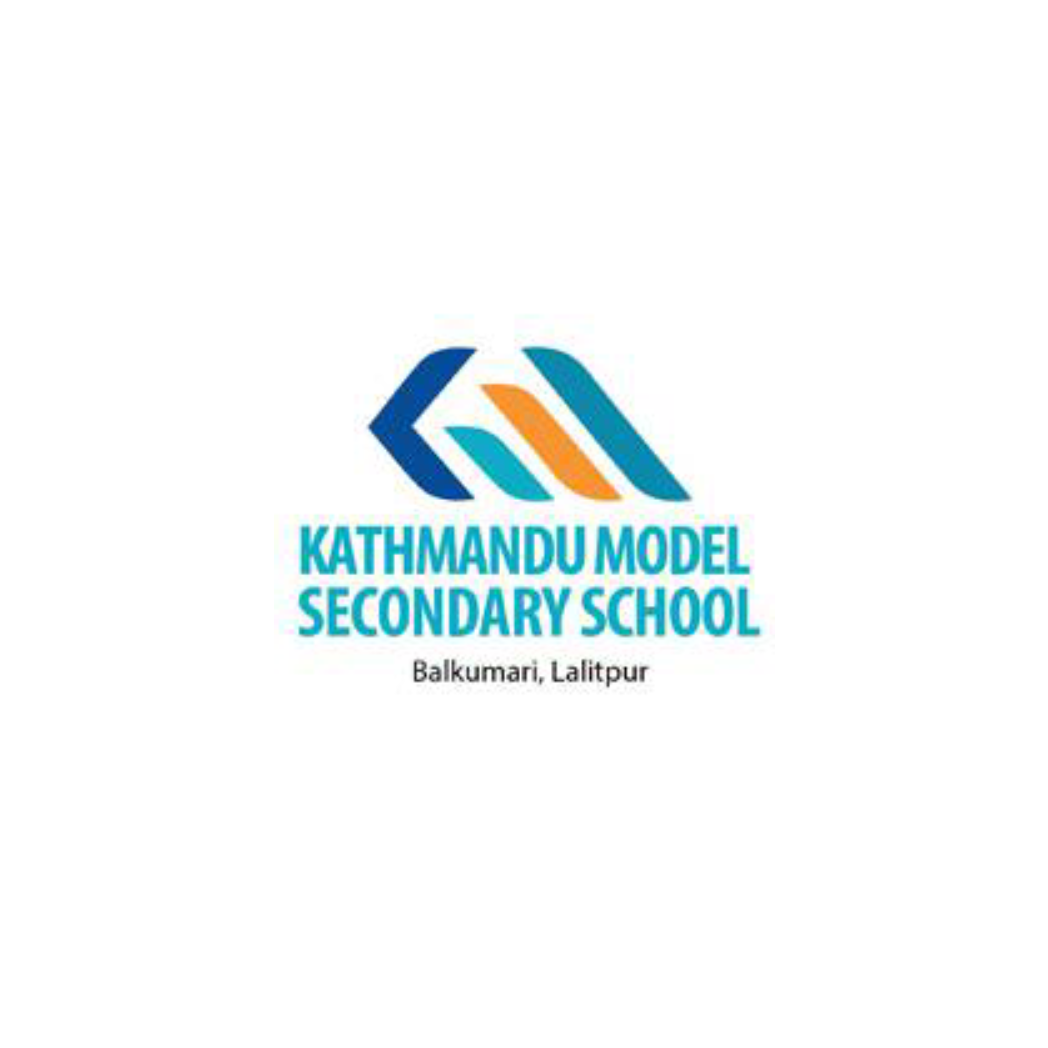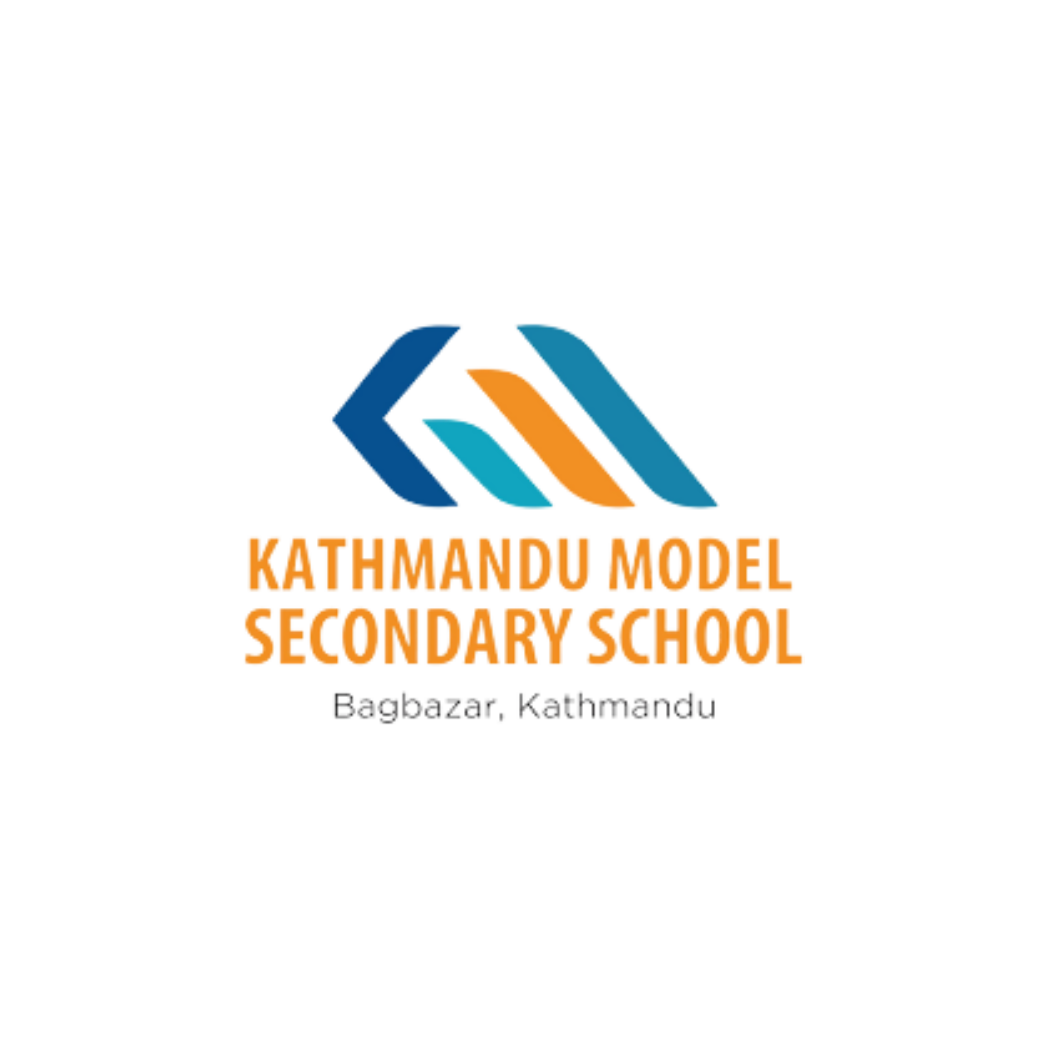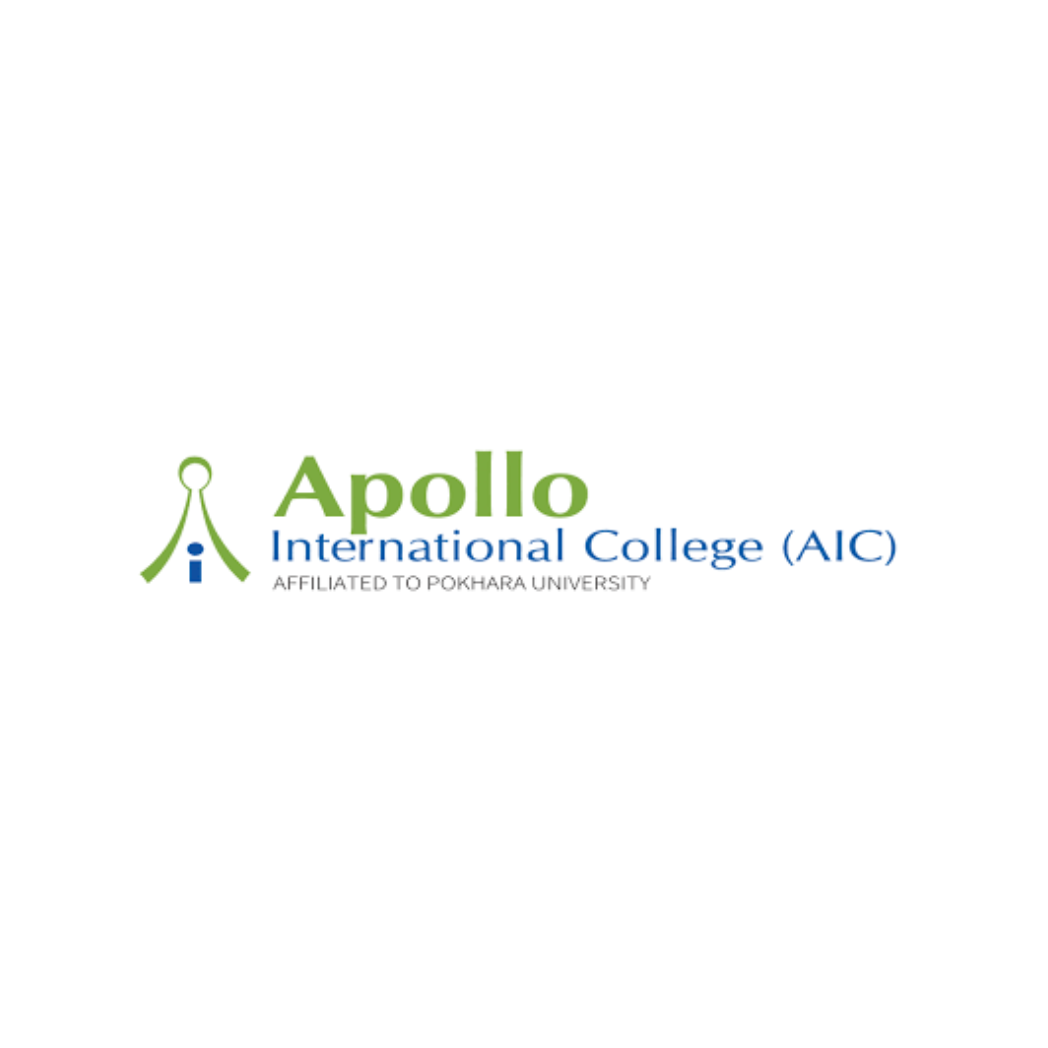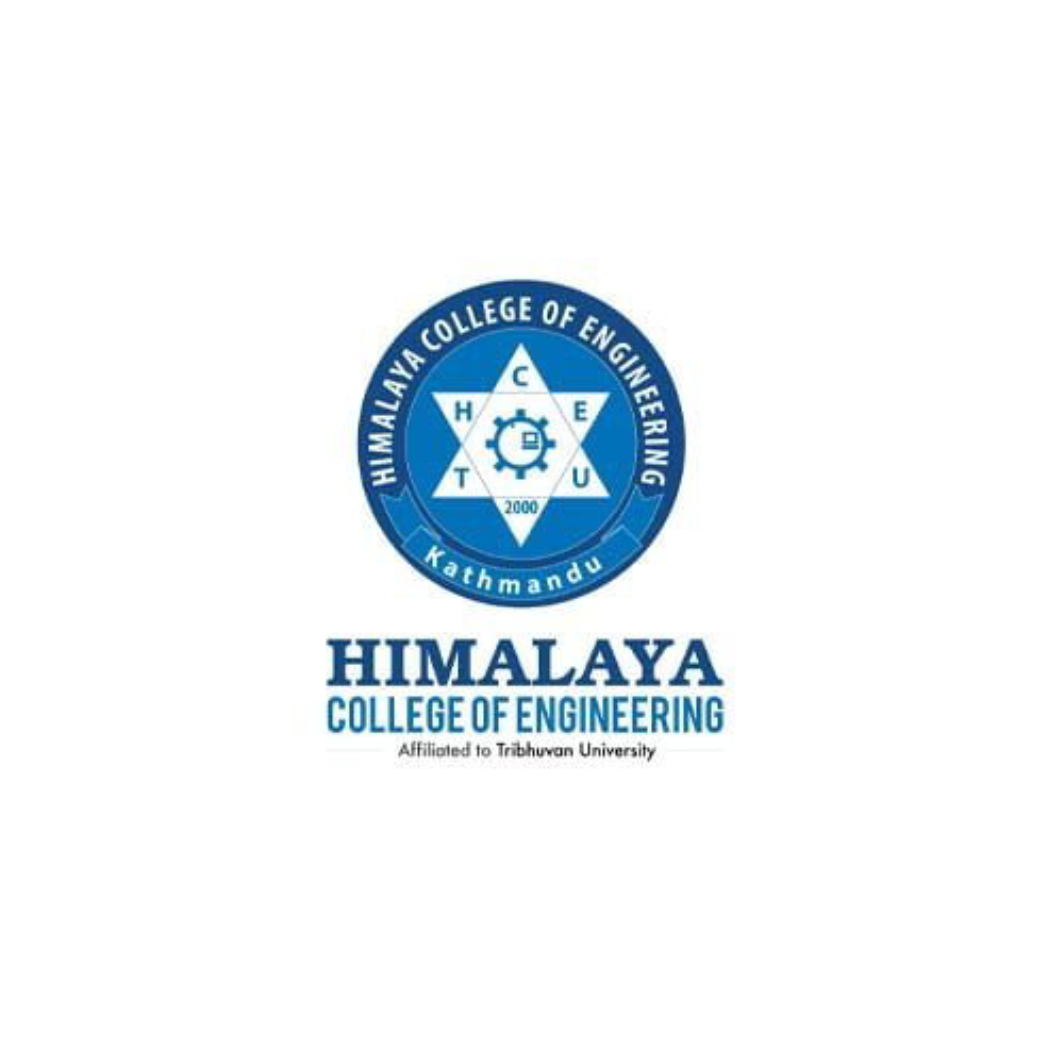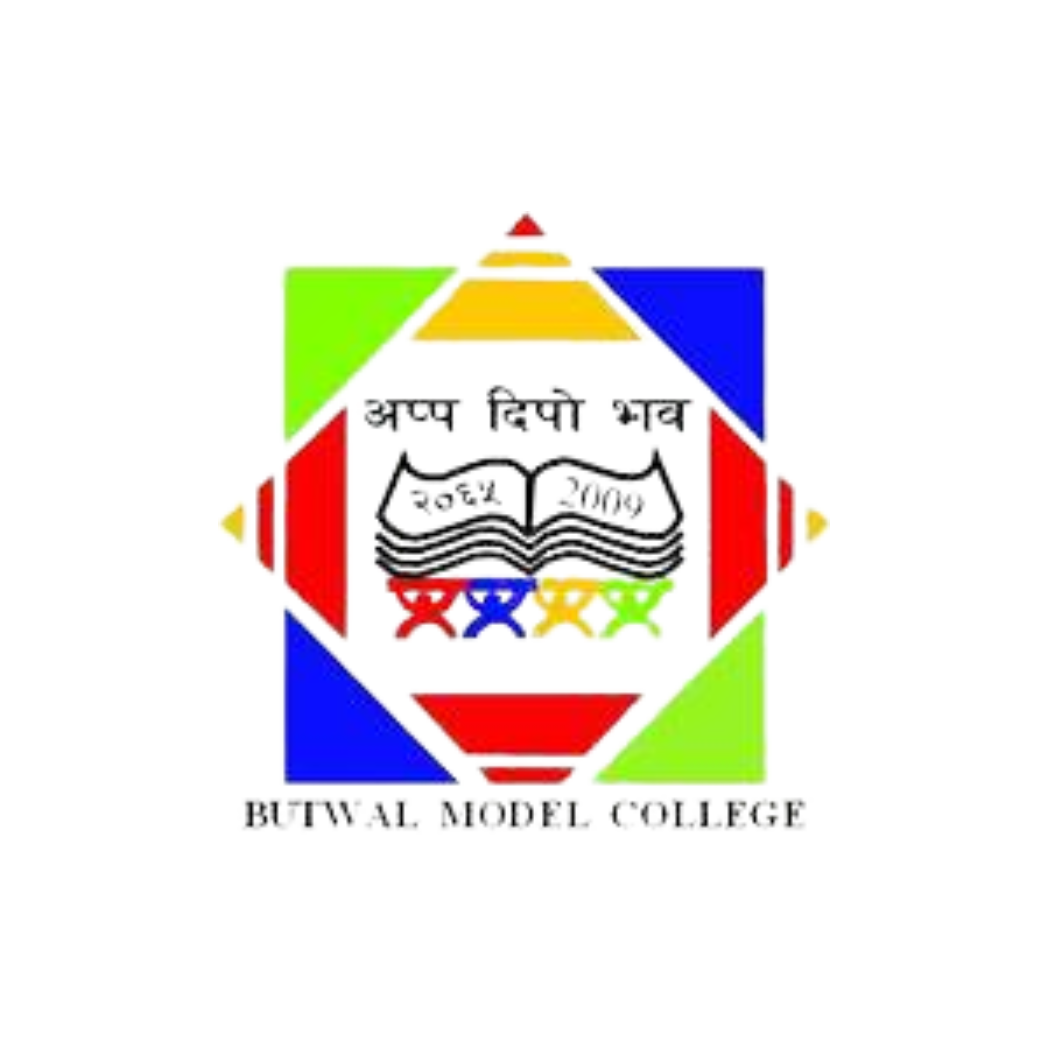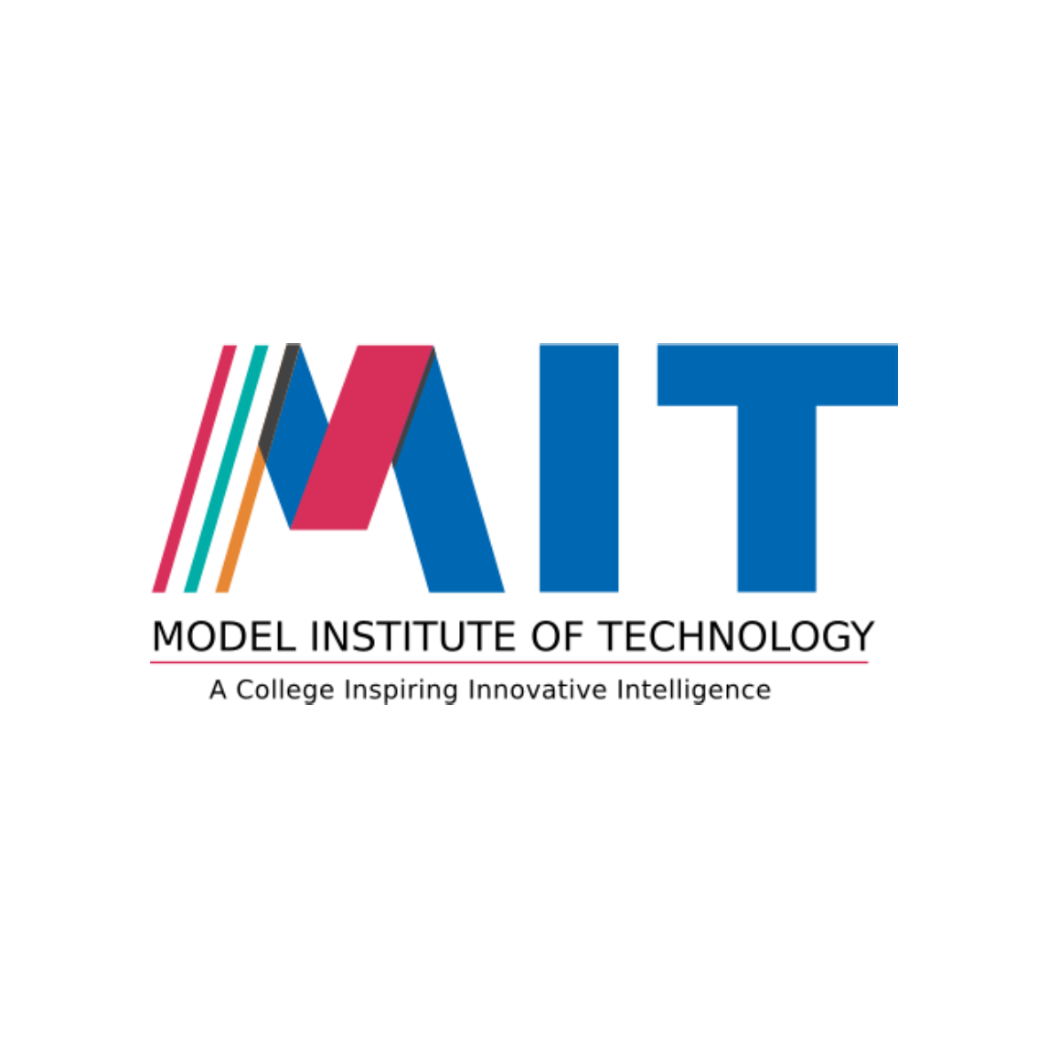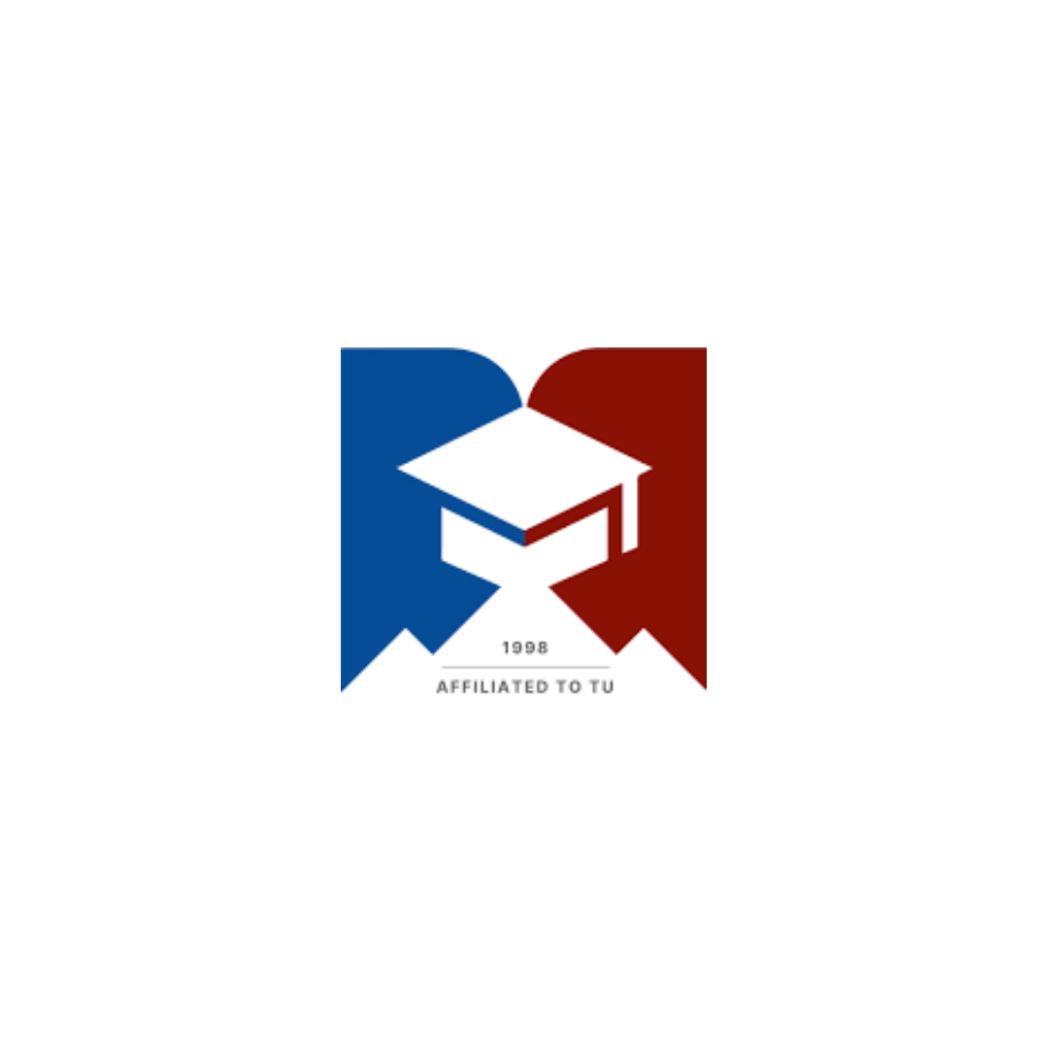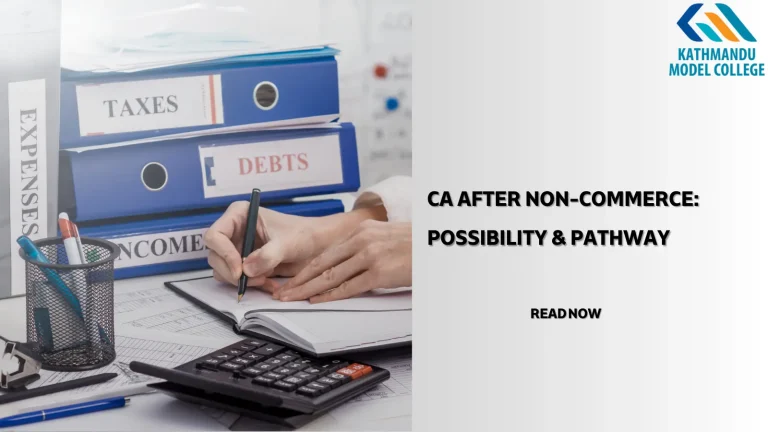
Engineering Entrance Preparation Guide
A student willing to study engineering for the undergraduate level in Nepal has to pass the entrance examination taken by the respective universities.
Kathmandu University and Tribhuwan University are the top choices for students wanting to study Engineering.
The programs offered for the undergraduate level are :
- Bachelor of Engineering in Civil Engineering (BCE)
- Bachelor of Engineering in Computer Engineering (BCT)
- Bachelor of Engineering in Electrical Engineering (BEL)
- Bachelor of Engineering in Electronics Engineering (BEX/BEI)
- Bachelor of Engineering in Mechanical Engineering (BME)
- Bachelor of Engineering in Chemical Engineering
- Bachelor of Engineering in Geomatics Engineering
- Bachelor’s in Architecture and other university-specific programs.
Understanding the pattern
The entrance examinations for the engineering programs conducted by different universities are mostly of the same pattern.
They focus on conceptual clarity, analytical ability, and speed rather than rote learning.
The syllabus revolves around the Grade 11 and 12 science curriculum.
Learn more about CMAT Preparation Guide
IOE Entrance Examination
The one taken by IOE is a computer-based objective-type test in which 60 short questions worth 1 mark each, and 40 long questions, each worth 2 marks are asked.
The 140-mark test is to be solved within a two-hour time limit. Each wrong answer costs you a deduction of 0.1 mark.
The questions are asked from four subjects:
- English- 20 marks
- Chemistry – 30 marks
- Physics – 40 marks
- Mathematics – 50 marks
Kathmandu University Engineering Entrance Examination
The syllabus for KU-CAT (Common Admission Test) engineering entrance examination covers three subjects:
- Physics
- Chemistry
- Mathematics
A total of 120 multiple-choice questions are asked, 40 questions from each subject.
The difficulty of questions ranges from level 1 to 5, where the level 1 questions are worth 11 points each, increasing by 2 points per level.
The total score is 2220 where the minimum threshold for engineering programs is 528 points.
Eligibility Criteria
To be eligible for the IOE entrance examination, the candidate must have completed +2 in the science discipline with a minimum C grade or 45% aggregate in all subjects in grades 11 and 12. If the student belongs to the biology stream, they must have taken additional math to be eligible.
To be eligible for KU’s entrance examination, the candidate must have passed +2 with a minimum C grade or 50% aggregate in Physics, Chemistry, and Math in grades 11 and 12.
Read more about KUMAAT Preparation Guide
How to crack the IOE Entrance Examination
Here are a few tips to help you succeed in the Engineering Entrance Examination:
1. Start Early
It is better to start the preparation for the entrance examination while you are studying in grade 12 as it helps build a strong foundation, reduces the stress in the months leading up to the exam, and gives you a competitive edge through early practice and better time management.
2. Join entrance preparation classes
It is highly recommended to join an entrance preparation institute like PEA.
These help by providing structured guidance, experienced instructors, and holding you accountable.
Also, they provide you with study materials specifically targeted to prepare you for the entrance examination and conduct mock tests to help you analyze your progress as well as be familiar with the exam pattern.
3. Create a study schedule
Entrance preparation for engineering is more demanding and thus requires discipline and dedication.
You have to stick to a strict study schedule and hold yourself accountable every step of the way.
4. Study smarter
The entrance examination is more focused on conceptual clarity and an analytical approach to solving problems.
So, focus on actually understanding the materials rather than rote learning.
Be experimental to find different ways to solve the questions faster that may not be traditional but might work for you.
5. Time Management
Allocate your time for each subject strategically.
If you excel at one subject but struggle with another subject, make sure you focus on those a little more.
Avoid distractions at all costs during your study sessions to make the most of your time.
More insights on Bsc.CSIT Entrance Preparation Guide
6. Different strategies for different subjects
Different subjects require different approaches in terms of preparation.
For physics, it is necessary to understand the core concepts and practice the numerical problems, especially from mechanics, electricity, and modern physics.
For mathematics, you should practice extensively with shortcuts and formulas and prioritize calculus, algebra, and coordinate geometry.
For chemistry, it is essential to know the molecular formulas and reaction mechanisms and pay equal attention to physical, organic, and inorganic sections.
Finally, for English, you should focus on improving vocabulary, grammar, and comprehension by practicing past questions and reading small excerpts.
7. Do not skip mock tests
It is essential to attend mock tests as much as you can, even when you are not prepared.
Mock exams train your brain for the actual exam.
When you attend mock tests, you become more familiar with the question pattern, how to manage time during the exam, what kind of questions can be expected, and also how you handle being in a situation like that.
It gives you a better overview of your progress, which aspects you need to focus more on, and which aspects you are good at.
8. Revise
Without periodic revision of what you’ve studied, you risk forgetting bits and chunks or all of it.
Periodic revisions help you retain the materials better and also help you gain a deeper understanding over time.
9. Pay attention to details
Entrance exams are notorious for being tricky.
A question that seems complicated may have a simple solution when the puzzle pieces are aligned correctly.
So read the questions carefully and a few times, to decode them properly.
10. Take breaks
Breaks are just as important as working hard.
They help you regain focus and avoid burnout.
Make sure to be conscious of your physical and mental health.
Learn about The Best Online Certifications to Complement Your BBA Degree
How to register for the entrance exam
To register for KU-CAT, the form can be filled online on the official website, and the registration fee of Rs. 2000 has to be paid.
Once IOE has released the official notice, you can fill online form and pay a fee of Rs.2000 through IMEpay or by depositing in Siddhartha Bank.
If you’re able to pass the entrance exam, the next step is to fill priority form for the colleges and courses you want to join.
You’ll be given a place based on your rank.
Assuming the worst
If by any chance you’re unable to pass the entrance exam, you can attempt it again next year.
Engineering involves an in-depth study of significant areas of science, mathematics, and technical understanding.
It helps in the development of analytical thinking and innovative skills necessary in the industry of engineering technology.
But as career goals evolve, today’s job market is in constant need of professionals who have a wide range of knowledge in business, computer technology, management, and even human resources.
Looking for comprehensive educational opportunities not only enhances students’ technical skills but also broadens their career prospects.
For students seeking broader academic programs that provide both practical and theoretical learning, especially in the growing fields of computer technology, management, business, and social sciences, Kathmandu Model College (KMC) offers you compelling alternatives that give you experience beyond the world of banking and auditing.
Learn about The Benefits of Pursuing an MA Degree: Is It Worth the Investment?
Why KMC’s programs can be your alternative?
Kathmandu Model College (KMC) offers some best Tribhuvan University (TU) verified programs that are backed by our exceptional education delivery with amazing faculty, technology, and hands-on experiences that we provide to students.
Recognized for its commitment to quality, KMC was awarded the Quality Assurance and Accreditation (QAA) from the University Grants Commission and also awarded the Best Campus of 2080 by Nepal’s Ministry of Education.
Located at Bagbazar, Kathmandu, KMC offers well-equipped modern infrastructure and a strong professional and alumni network that is accompanied by a transformative and eventful college experience.
We provide you wide range of programs like:
- Bachelor of Business Administration (BBA)
- Bachelor of Business Studies (BBS)
- Bachelor of Business Management (BBM)
- Masters of Business Studies (MBS)
- Bachelor of Computer Applications (BCA)
- Bachelor of Arts (BA)
- Bachelor of Social Work (BSW)
- Master of Arts (MA)
Our Bachelor of Business programs offer comprehensive knowledge to students, emphasizing entrepreneurial development.
Enhancing both their practical skills and theoretical understanding, backed by case studies, internship opportunities, we ensure our graduates are ever-ready for diverse careers in the evolving field of business.
The BCA course at KMC is curated to explore core areas of computer applications from Software Development to Data Science and Cybersecurity.
KMC’s BCA program aims to empower students to thrive in the tech world with guidance from industry-expert faculty, hands-on learning experiences, and career preparation.
KMC College also offers you various Arts and Humanities programs, including, Bachelor of Arts (BA) specializing in Social Work, Psychology, Economics, and English.
These programs are aimed at enhancing students’ interpersonal, intrapersonal, and soft skills to strengthen their critical thinking ability, research and academic writing ability, and communication skills.
Our graduates from the Arts and Humanities faculty thrive in diverse career roles social services, education, media, and research.
Join KMC, the perfect institute for students, where education meets innovation, and graduates embark on the career journey of their choice.
